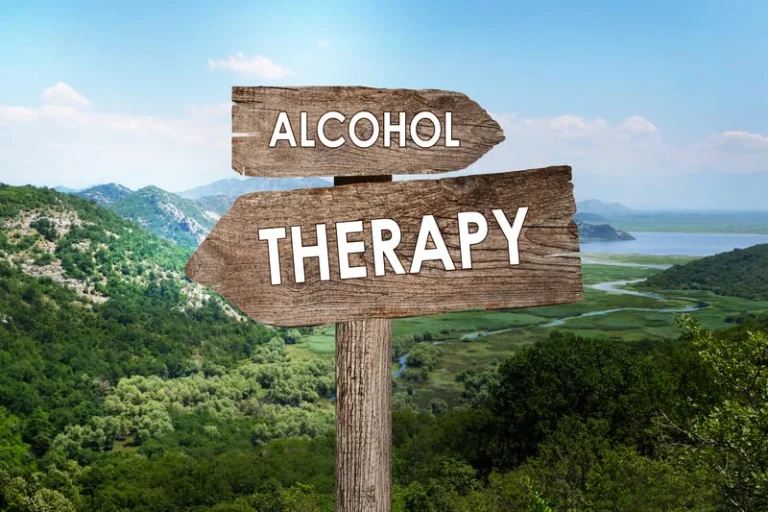
Your doctor may also recommend lifestyle changes, such as avoiding contact sports, to manage symptoms. In very prolonged or severe kidney disease, a treatment called dialysis may be required. Dialysis removes blood from the body, filtered through a machine that works just like a kidney, and then returns to the body. They will run blood and urine tests to see if your kidneys are functioning properly. If kidney disease is suspected, an ultrasound or CT scan of the kidneys may be needed to determine the cause. In addition, taking certain medications can also make you more likely to bruise.
- Another prominent effect of alcoholic neuropathy involves painful and uncomfortable sensations.
- Steaks and other raw meats don’t have special healing powers that can help a bruise.
- See your doctor so they can examine your leg and make a treatment recommendation.
Untreated Alcoholic Liver Disease Complications
Early signs include fatigue, muscle weakness, itchy skin, and abdominal pain, which can eventually lead to jaundice (yellowing of the skin) and dark urine, among others. If untreated, this condition can lead to liver failure—in which the organ stops being able to complete its functions. It can be acute (short-term) or chronic (long-term) and occurs when diseases or health conditions impact this organ.
Study Found New Treatment For Leukemia Patients
Alcohol also alters the function of the stomach, liver, and kidneys in ways that prevent the body from properly detoxifying waste material. This waste then builds up and harms many regions of the body, including the nerves. Alcoholic neuropathy is caused by nutritional deficiency, as well as toxins that build up in the body.
What causes unexplained bruising on the legs?
- People with von Willebrand disease (about 1%-2% of the population have this) make little or no von Willebrand protein, which is important for blood clotting.
- There are several factors involved in clotting, such as platelets.
- Every day you’ll find helpful ideas and advice on a wide variety of health topics to help you and your family live well.
Often, bruising after drinking is a result of falling or bumping into something. There are several causes of bruises after drinking; some of these causes are not particularly serious, alcohol and bruising on legs whereas others could point to a health problem. Perhaps the most common cause of bruising from alcohol is that alcohol acts as a vasodilator, making blood vessels larger.

What Causes Unexplained Bruising on the Legs or Elsewhere on the Body?
So can prescription medicines, such as certain antidepressants. The condition can lead to bruising that lasts longer than normal because of the way it affects wound healing. Ehlers-Danlos syndrome (EDS) is an inherited condition that affects connective tissue like tendons and ligaments. Over time, high levels of cortisol may lead to serious disorders, such as diabetes, high blood pressure, osteoporosis, anxiety, and depression. If you have symptoms of blood cancer, see your doctor immediately.
The Severity of Hemophilia Symptoms


Natural Treatments
How to Get Rid of Bruises


